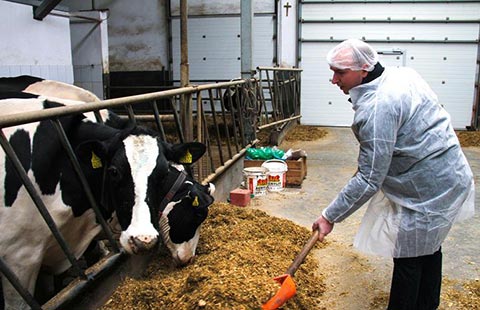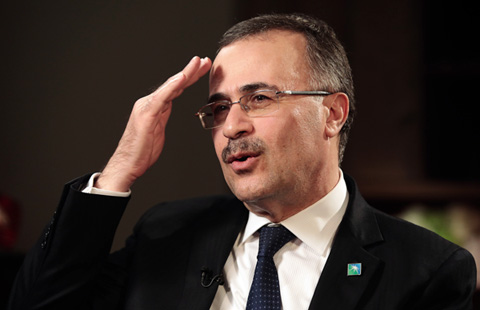Berlin an example for Brussels in advancing trade ties with China
BEIJING - EU member countries seem to be keenly aware of the grave consequences of protectionism, as a majority of them oppose a plan to impose punitive duties on solar panel imports from China.
After trade officials from both sides held talks on the issue in Brussels on Monday, the Chinese mission to the EU said in a statement that the protectionist measures will have a negative effect on bilateral trade and economic relations.
The Chinese government will not sit on the sidelines, but will take necessary steps to defend its national interests if the EU goes ahead with the duties, it said.
It is not necessary to come to blows. Pragmatic dialogue and consultations, if put in place, could avert a tit-for-tat confrontation or even a trade war.
For example, a broad range of dialogue has been established between China and Germany, where Premier Li Keqiang recently made a visit.
Divergences do exist between the two sides, but they are overwhelmed by the mutual understanding and consensus that have been reached by the countries' leaders.
Multiple visits by the heads of state have created a high level of political mutual trust. Their complimentary economic structures have made them more partners than competitors.
"The growing 'made in China' and the mature 'made in Germany' will be a happy pair," Li said. Both sides signed 17 cooperative agreements during Li's visit, creating more potential for bilateral economic development.
Candid talks between the leaders of both countries have also fostered the possibility of liberalizing both markets. Li pledged to open up more of China's industries to German businesses and both sides expressed willingness to discuss the establishment of a free trade zone.
Berlin is a forerunner in the development of China-EU ties and Brussels should follow its example. Protectionism on one side is bound to trigger protectionism on the other. One way or another, both will push up enterprises' costs and Europeans' electricity bills.

















